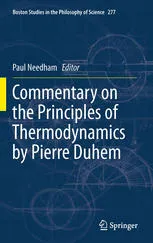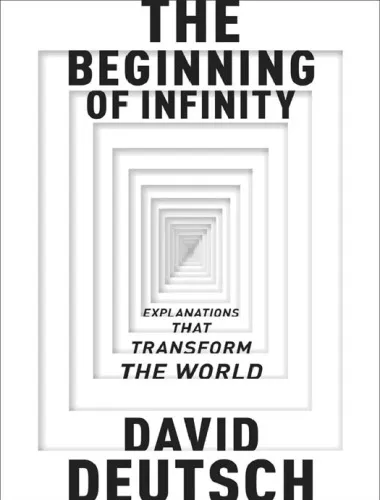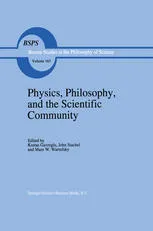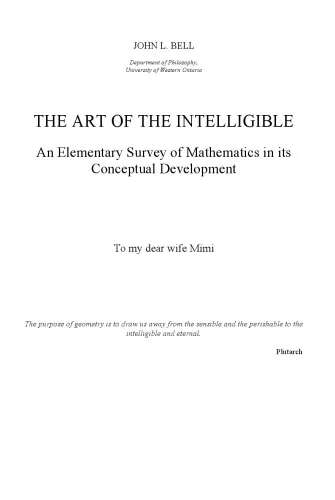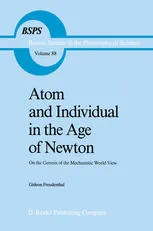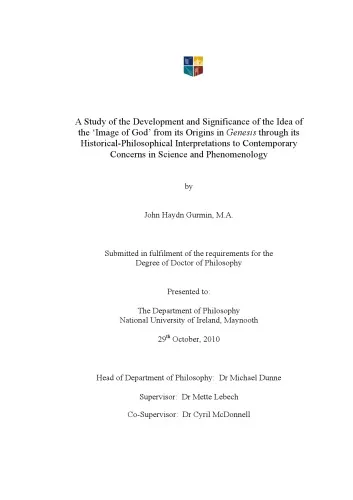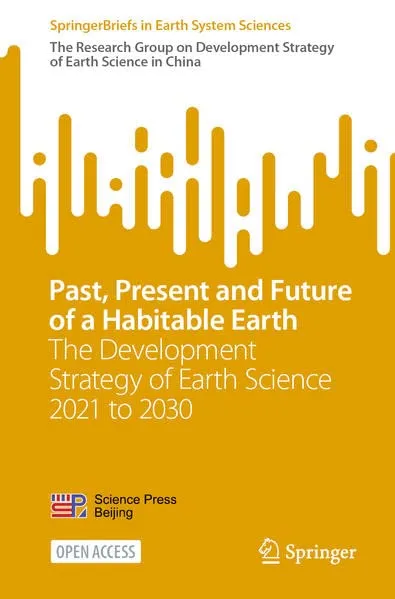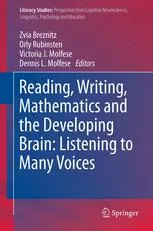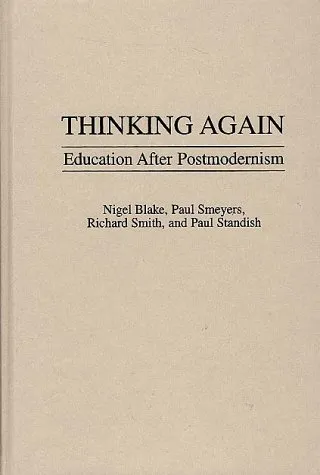Kantian Genesis of the Problem of Scientific Education: Emergence, Development and Future Prospects
4.0
Reviews from our users

You Can Ask your questions from this book's AI after Login
Each download or ask from book AI costs 2 points. To earn more free points, please visit the Points Guide Page and complete some valuable actions.Related Refrences:
Introduction
Welcome to 'The Kantian Genesis of the Problem of Scientific Education: Emergence, Development and Future Prospects', a thought-provoking journey that delves into the philosophical roots, historical evolution, and future possibilities of scientific education through the Kantian lens. This book provides a comprehensive examination of the interplay between Immanuel Kant's philosophy and the challenges of modern education within the context of science. By tracing the origins of scientific education and its philosophical dilemmas, it offers a nuanced understanding of how these intellectual traditions have shaped, and continue to shape, contemporary educational practices.
Immanuel Kant, the cornerstone of modern philosophy, did not write specifically about educational science, yet his critical philosophy offers profound insights into the nature of human knowledge, freedom, and rationality—the very foundations of effective education. This book builds on Kantian thought to address the central challenges of integrating science into education. More specifically, it examines how these philosophical ideas continue to evolve and remain relevant in guiding scientific educational practices for the future. Whether you are an educator, philosopher, or a student of critical theory, this book invites you to explore how philosophy can inform and challenge our understanding of educational systems.
Detailed Summary of the Book
This book is divided into three major sections, each serving as a pillar in understanding the dynamic relationship between Kantian philosophy and scientific education.
- Emergence: This section explores the historical and philosophical background to the problem of scientific education. It traces the ideas of Enlightenment, Kant's critical philosophy, and how these philosophical traditions laid the groundwork for a systematic approach to education in the sciences.
- Development: Moving forward in history, the book analyses the transformations that scientific education underwent, from the early institutional frameworks established in the 19th century to modern educational methodologies. This section emphasizes the ongoing struggle between utilitarian education policies and their Kantian counterparts, rooted in autonomy and the cultivation of reason.
- Future Prospects: This final part peers into the future of education through a Kantian paradigm, offering practical and philosophical strategies to address the challenges of the digital age, globalization, and the need for interdisciplinary approaches in scientific learning.
The book not only offers a historically grounded philosophical account but also provides readers with insights into how these ideas can be applied in today’s rapidly changing educational landscape. A deep reflection on the relationship between reason and practicality runs throughout, offering compelling perspectives that go beyond traditional curricula.
Key Takeaways
- The philosophy of Immanuel Kant remains a crucial lens through which the essence of scientific education can be examined and refined.
- Scientific education is not merely the transfer of knowledge; it is a process that involves cultivating autonomy, critical thinking, and reason in learners.
- Modern educational challenges, including technological advancements, demand that educators revisit philosophical foundations to guide future policies and practices.
- The tension between utilitarian and humanist educational goals, a key theme of the Enlightenment, persists in today’s educational debates.
Famous Quotes from the Book
"To educate in the sciences is not only to disseminate knowledge but to ignite the flame of reason and autonomy within the human spirit."
"Kant’s ideal of enlightenment—'Dare to know'—remains the most profound call to action for those who seek to integrate science into the educational process."
"Scientific education is, at its core, a philosophical endeavor that requires both precision in knowledge and depth in understanding."
Why This Book Matters
This book is important because it bridges the gap between philosophy and scientific education, providing a framework for understanding and addressing the crises of contemporary education. In an age dominated by rapid technological changes, global competition, and increasing societal demands on education, revisiting the philosophical foundations of learning—especially through a thinker as transformative as Kant—is imperative.
The book challenges educators and policymakers to rethink the very purpose of education. Rather than seeing it as a utilitarian tool for economic development, it calls for the recognition of education’s higher aims: fostering intellectual autonomy, cultivating a love of knowledge, and nurturing a moral and rational society. By revisiting Kant’s insights, this book equips readers with the philosophical tools to rethink how education systems can inspire both students and educators to meet the changing demands of the modern world.
Free Direct Download
You Can Download this book after Login
Accessing books through legal platforms and public libraries not only supports the rights of authors and publishers but also contributes to the sustainability of reading culture. Before downloading, please take a moment to consider these options.
Find this book on other platforms:
WorldCat helps you find books in libraries worldwide.
See ratings, reviews, and discussions on Goodreads.
Find and buy rare or used books on AbeBooks.
1240
بازدید4.0
امتیاز0
نظر98%
رضایتReviews:
4.0
Based on 0 users review
Questions & Answers
Ask questions about this book or help others by answering
No questions yet. Be the first to ask!
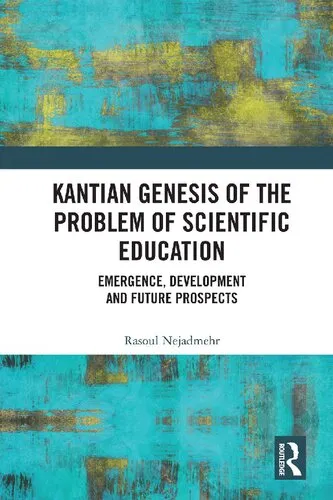
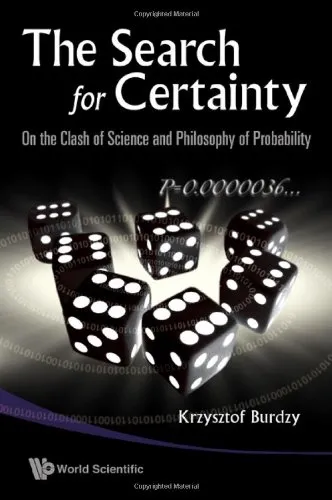
![The Mathematical Experience [Study Edn.]](https://s3.refhub.ir/images/thumb/The_Mathematical_Experience__Study_Edn_16194.webp)
